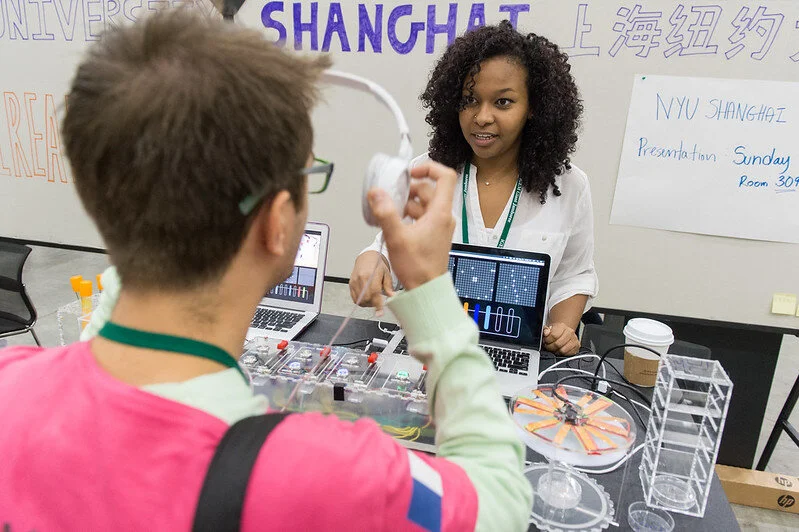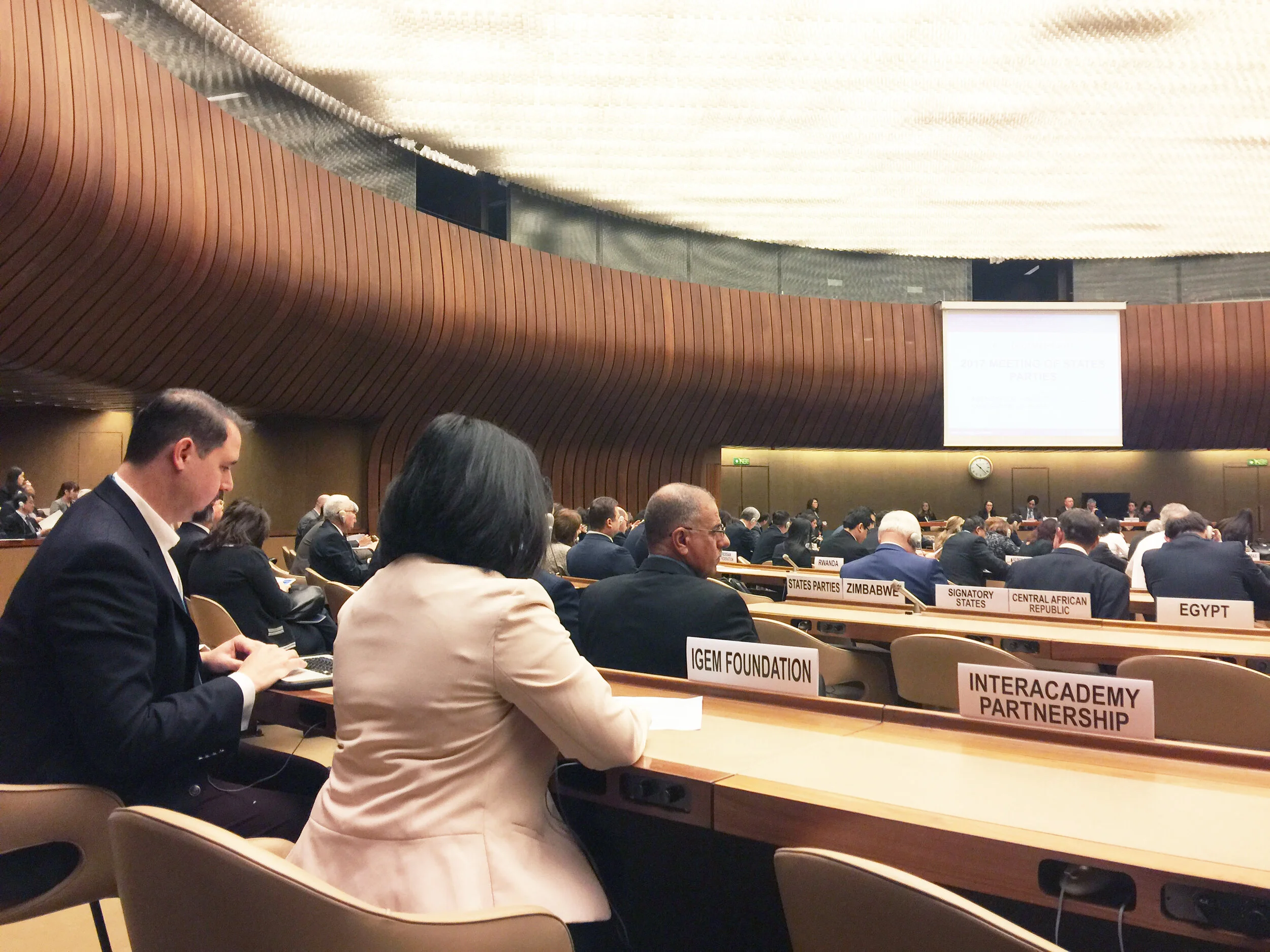The future of synthetic biology has been debated among diplomats and academics, in government boardrooms and conference center hallways and, over the past few years, in countless zoom webinars. This year, iGEM is offering a new place for these discussions: the Responsibility Conference on the margins of the 2022 Grand Jamboree.
Welcome!
This blog is where we share stories, announcements, and insights from around the iGEM community.










